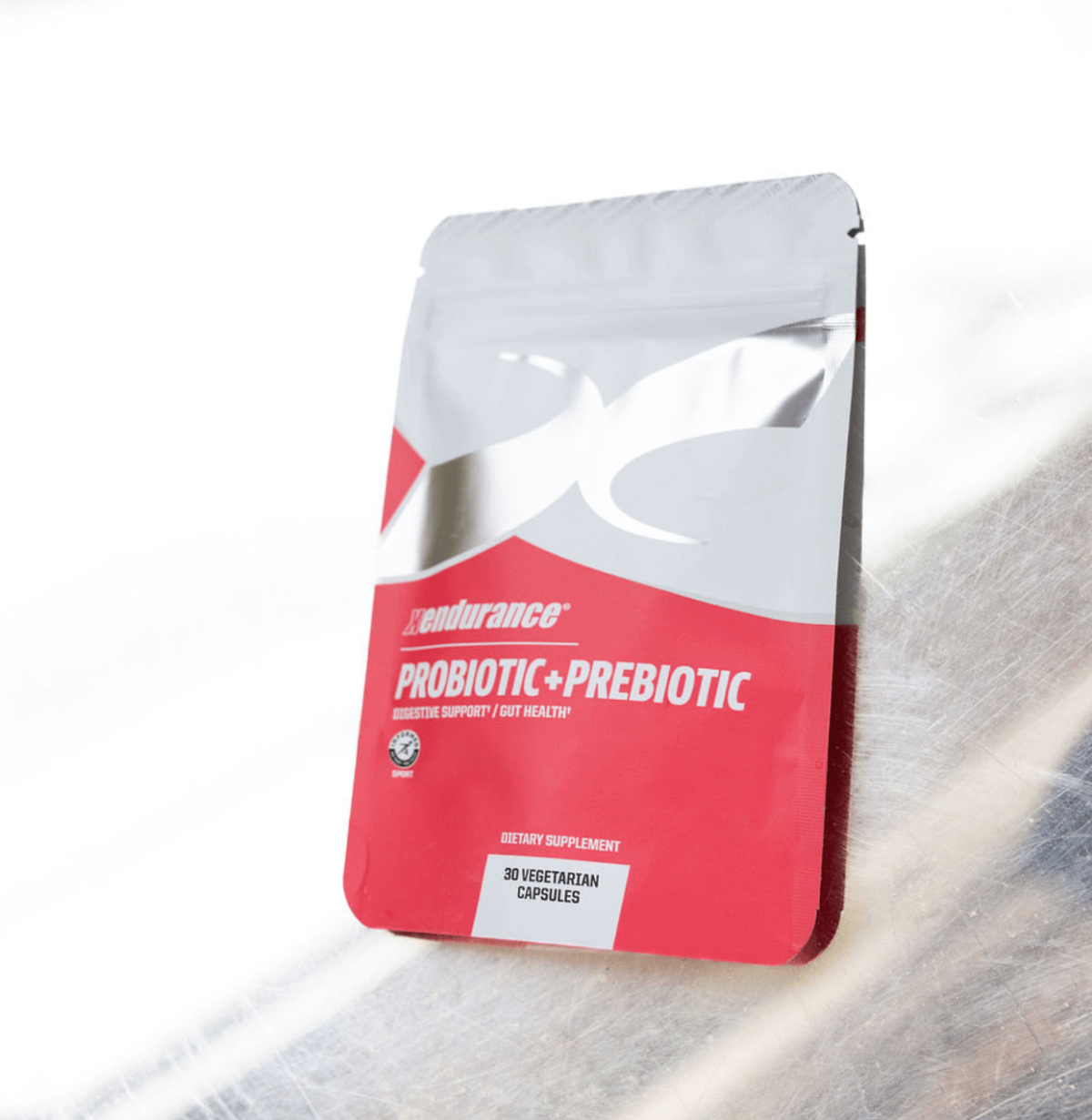For athletes and active individuals, maintaining optimal health is crucial for peak performance and recovery. One essential mineral that plays a vital role in this process is magnesium. Magnesium is involved in numerous bodily functions, including muscle function and energy production. Taking magnesium pills can offer several benefits for those looking to enhance their athletic performance and speed up recovery times.
In this article, we will explore the importance of magnesium for athletes, understand the impact of low magnesium levels, and delve into the benefits of magnesium pills. We will also discuss the common dosage of magnesium pills, natural food sources of magnesium, and practical tips for incorporating magnesium supplements into your daily routine.
Why Magnesium is Important for Athletes
Magnesium is a key player in muscle function and energy production, making it particularly important for athletes. Here’s how magnesium supports athletic performance:
- Muscle Function: Magnesium helps regulate muscle contractions and relaxations, which is essential for smooth and efficient muscle movements.
- Energy Production: Magnesium is involved in the production of ATP (adenosine triphosphate), the primary energy carrier in cells, helping to sustain energy levels during physical activity.
- Reducing Muscle Cramps and Spasms: Adequate magnesium levels can help prevent muscle cramps and spasms, which are common issues for athletes.
For more detailed information on the health benefits of magnesium, you can refer to the Magnesium - Health Professional Fact Sheet.
Understanding Low Magnesium Levels
Low magnesium levels, also known as hypomagnesemia, occur when there is a deficiency of magnesium in the body. This condition can lead to several symptoms, including:
- Muscle cramps and spasms
- Fatigue
- Weakness
- Nausea
- Loss of appetite
For athletes, low magnesium can significantly impact performance and recovery. Magnesium is essential for muscle function, energy production, and maintaining electrolyte balance. A deficiency can lead to increased muscle cramps, slower recovery times, and reduced endurance.
Research has shown that many people do not consume enough magnesium through their diet. According to the study Magnesium: Are We Consuming Enough? a significant portion of the population has lower than recommended levels of magnesium, which can affect overall health and athletic performance.
Benefits of Magnesium Pills for Athletes
Magnesium pills offer several benefits for athletes, helping to enhance performance and speed up recovery. Some of the key benefits include:
- Improved Endurance: Magnesium helps in the production of energy at the cellular level, which can improve endurance and reduce fatigue during workouts.
- Faster Recovery: By reducing muscle cramps and spasms, magnesium pills can aid in faster muscle recovery post-exercise.
- Better Muscle Function: Magnesium is essential for proper muscle function, helping to prevent cramps and maintain muscle health.
- Electrolyte Balance: Magnesium plays a crucial role in maintaining electrolyte balance, which is vital for hydration and muscle function.
Several studies support the efficacy of magnesium supplementation for athletes. For instance, the Magnesium - Health Professional Fact Sheet highlights the importance of magnesium in energy production and muscle function.
The recommended daily intake of magnesium varies by age and gender, but for most adults, it is around 400 mg per day. Magnesium pills can help meet these guidelines, especially for those who struggle to get enough magnesium from their diet alone.
Magnesium 400 mg: Is It the Right Dosage?
When it comes to magnesium pills, the common dosage you will find is 400 mg. But is this the right amount for everyone? Let's explore.
First, it's important to understand that the recommended daily intake of magnesium varies based on age, gender, and activity level. For most adults, the recommended daily allowance (RDA) ranges from 310 to 420 mg. Athletes and active individuals may have higher needs due to increased muscle activity and sweat loss.
Taking a 400 mg magnesium pill or a sports nutrition supplement such as Extreme Endurance, can help meet these needs, but it's crucial to determine the right dosage for your specific situation:
- Consult with a healthcare provider to get personalized advice.
- Consider your dietary intake of magnesium from food sources.
- Monitor for any symptoms of magnesium deficiency or excess.
While magnesium is generally safe, taking too much can lead to side effects such as diarrhea, nausea, and abdominal cramping. It's best to start with a lower dose and gradually increase it if needed, under the guidance of a healthcare professional.
Magnesium Food Sources
In addition to supplements, many foods are rich in magnesium. Including these in your diet can help you maintain adequate magnesium levels naturally. Here are some common food sources of magnesium:
- Leafy greens like spinach and kale
- Nuts such as almonds and cashews
- Seeds, including pumpkin and chia seeds
- Whole grains like brown rice and quinoa
- Legumes such as black beans and lentils
- Fish like salmon and mackerel
- Dark chocolate
Getting magnesium from food has several benefits:
- Provides additional nutrients that support overall health
- Reduces the risk of consuming too much magnesium
- Enhances absorption due to the presence of other vitamins and minerals
However, for athletes and active individuals who may have higher magnesium needs, supplements can be a convenient way to ensure adequate intake. According to the Magnesium - Health Professional Fact Sheet, supplements can help meet daily requirements, especially when dietary intake is insufficient.
How to Incorporate Magnesium Pills into Your Routine
Incorporating magnesium pills into your daily routine can be simple and effective. Here are some practical tips to help you get started:
- Determine the Right Time: The best time to take magnesium pills is usually with a meal to enhance absorption. Some people prefer taking them in the evening as magnesium can help relax muscles and improve sleep quality.
- Consistency is Key: Make it a habit to take your magnesium supplement at the same time each day. This helps maintain steady magnesium levels in your body.
- Stay Hydrated: Drinking plenty of water throughout the day can aid in the absorption of magnesium and prevent any potential digestive discomfort.
- Combine with Other Nutrients: Magnesium works well with other nutrients like vitamin D and calcium. Consider a balanced diet or a multivitamin that includes these nutrients for optimal benefits.
- Monitor Your Intake: Keep track of your daily magnesium intake from both supplements and food sources to ensure you are meeting but not exceeding the recommended dosage.
Summary and Call to Action
Magnesium is crucial for athletes and active individuals, aiding in muscle function, energy production, and recovery. Low magnesium levels can negatively impact performance, making it important to maintain adequate levels through diet and supplements.
Magnesium pills or supplements such as Extreme Endurance, offer a convenient way to ensure you meet your daily magnesium needs, providing benefits like improved endurance and faster recovery. Whether you are considering a common dosage like magnesium 400 mg or exploring magnesium food sources, incorporating this essential mineral into your routine can significantly enhance your athletic performance.
Ready to boost your performance and recovery? Explore Xendurance’s range of supplements designed for peak performance and overall wellness.









コメントを書く
このサイトはhCaptchaによって保護されており、hCaptchaプライバシーポリシーおよび利用規約が適用されます。